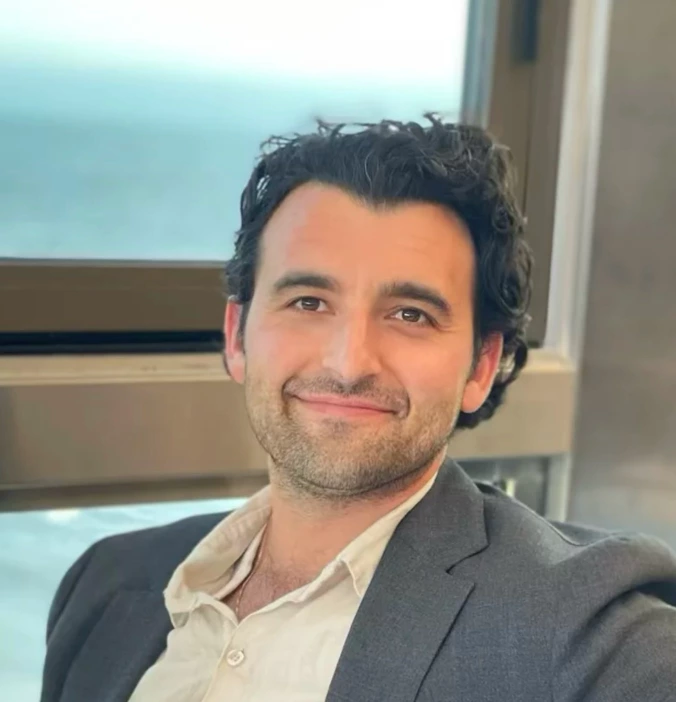In addition to The Practice , Simon Sinek’s The Infinite Game was another one of my favorite books I read in 2020. Below are highlights from each of the five essential practices for leading with an Infinite Mindset in addition to my own commentary about the highlights I share. Enjoy and go get the book!
1. Advance a Just Cause
“Imagine if instead of fighting against poverty, for example, we fought for the right of every human to provide for their own family. The first creates a common enemy, something we are against. It sets up the Cause as if it is “winnable,” i.e., a finite game. It leads us to believe that we can defeat poverty once and for all. The second gives us a cause to advance. The impact of the two perspectives is more than semantics. It affects how we view the problem/vision that affects our ideas on how we can contribute. Where the first offers us a problem to solve, the second offers a vision of possibility, dignity, and empowerment. We are not inspired to ‘reduce’ poverty, we are inspired to ‘grow’ the number of people who are able to provide for themselves and their families.”
Simon Sinek, Infinite Game
This distinction is so important and really highlights how our language influences our reality. Language framed as a negation, as opposed to an affirmation, points to an eventual dead end. Whereas, language framed in the affirmative paints a picture of an ideal that gives us purpose for as long as we are alive to contribute. When you are against something, you are rejecting nuance and staking claim to a particular position; however, when you are for something, you are embracing nuance and open to the many possibilities and opportunities that support advancing the cause you believe in.
2. Build Trusting Teams
“In business we have all sorts of metrics to measure someone’s performance, but we have few if any effective metrics to measure someone’s trustworthiness… Our goal, as leaders, is to ensure that our people have the skills–technical skills, human skills or leadership skills–so that they are equipped to work to their natural best and be a valuable asset to the team… Culture=Values + Behavior.”
Simon Sinek, Infinite Game
A strong organizational culture is one that behaves in recognition and in alignment of its values. When this is the case, there is a greater likelihood that people can trust one another. Without trusting teams, there will be a culture of fear, manipulation, and zero sum tactics, which creates unhealthy competition, as opposed to the growth oriented behavior of identifying “worthy rivals.”
3. Study Your Worthy Rivals
“The emergence of new players necessarily changes the way the game must be played… What got us here won’t get us there, and knowing who our Worthy Rivals are is the best way to help us improve and adapt before it’s too late. Without a Worthy Rival we risk losing our humility and our agility.”
Simon Sinek, Infinite Game
Traditional competition forces us to take on an attitude of winning, i.e., be outcome focused. Whereas, a worthy rival forces us to take on an attitude of improvement, i.e., be process focused. This ties in directly with Dweck’s work on mindset in addition to the social-cognitive psychology research of David McClelland on achievement orientation, i.e., having a mastery orientation vs. an ego/performance orientation. Again, this deliberate change in language from competitor to worthy rival helps one to cultivate and practice a growth mindset instead of a fixed mindset as well as be motivated by personal mastery, as opposed to being motivated only by achieving superiority over others.
4. Prepare for Existential Flexibility
“Existential Flexibility is the capacity to initiate an extreme disruption to a business model or strategic course in order to more effectively advance a Just Cause. It is an infinite-minded player’s appreciation for the unpredictable that allows them to make these kinds of changes.”
Simon Sinek, Infinite Game
When you have defined your just cause, built trusting teams that are driven to advance the just cause, and made an effort to study and learn from your worthy rivals, then you are capable of being flexible with what it means for your organization to exist. Your just cause is an extension of your WHY, and with a strong enough WHY based in clearly articulated HOW’s, your organization can be flexible with it’s WHAT’s. This may not be easy but it does allow for the organization to be agile and pivot while still staying true to its purpose and core principles for being of service to its customer base. Existential Flexibility, in the short term, may feel arduous and time consuming; however, in the long term, it is this flexibility that keeps a business alive and prosperous, i.e., securing its ability to continue to PLAY the game.
5. Demonstrate the Courage to Lead
“Adopting an infinite mindset in a world consumed by the finite can absolutely cost a leader their job. The pressure we all face today to maintain a finite mindset is overwhelming. For most of us, almost any kind of career opportunities we have are almost all tied to how well we perform in the finite game… The Courage to Lead is a willingness to take risks for the good of an unknown future.”
Simon Sinek, Infinite Game
Infinite minded leadership is not the norm. Infinite minded leadership requires delaying instant gratification and putting the needs of others before your own. Infinite minded leadership is an investment into the future, as opposed to consuming and dominating the present. Infinite minded leadership is about preserving legacy instead of obtaining victory. These trade offs are not for the faint of heart. This is why courage is not a fixed personality trait, it is a cultivated skill and attitude that is vulnerable to context. Fortunately, one of the best ways to train courage is by adopting and leading with an Infinite Mindset.




